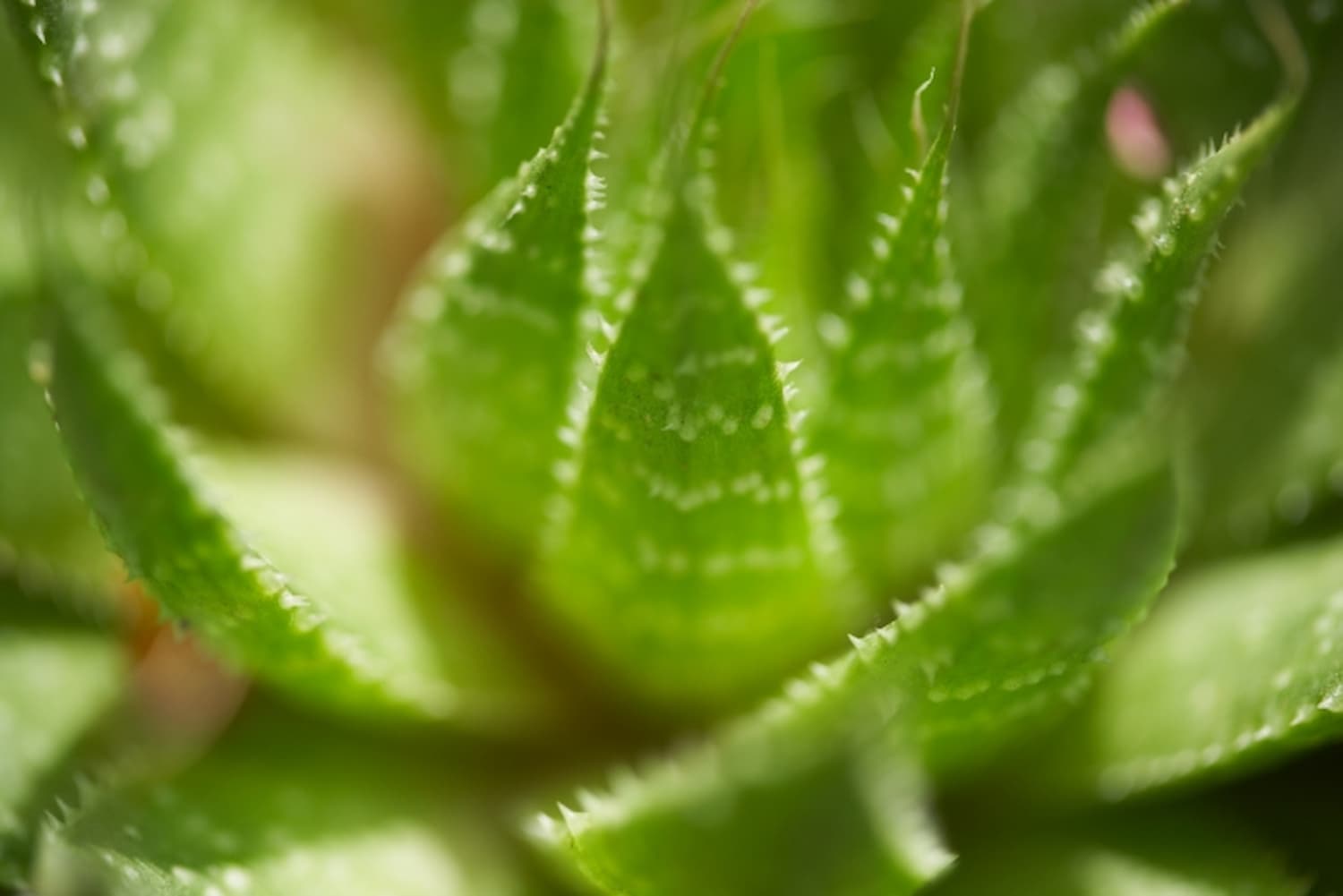
If you suffer from heartburn, you may like to consider your diet, as the food you are eating may be causing the symptoms themselves. Please read on for more information.
What is Acid Reflux?
Acid reflux is also commonly referred to as heartburn, gastric reflux and gastroesophageal reflux. A burning, painful sensation that occurs when stomach acid flows back into the oesophagus is a common symptom of the condition. The pain is normally located just behind the breastbone, in the oesophagus, and often radiates to the throat, neck and jaw.
Other typical symptoms include:
- Chest pain
- Dental erosion
- Asthma
- Dry cough
- Hoarseness of the voice
- Food regurgitation
- Dysphagia (difficulty swallowing)
- Nausea and vomiting
Causes of Acid Reflux
Physiologically speaking, acid reflux is caused by a dysfunctional lower oesophageal sphincter in the stomach that results in the backflow of gastric acid into the oesophagus. Whilst science is still deciding, there are a number of reasons thought to cause the sphincter to be faulty in the first place. Some of these include:
- Pregnancy
- Large meals and overeating
- Certain food triggers
- Bending forwards
- Hiatus hernia
- Peptic Ulcers
- Insufficient amounts of digestive enzymes in the stomach
- Smoking
- Alcohol
- Asthma
Acid Reflux Treatment
Most sufferers take note of the types of food they eat to prevent an acid reflux episode. Foods that are safe for some may trigger attacks in others, hence why there is no one prescribed anti-reflux diet. Those who suffer from reflux should eliminate all possible trigger foods and slowly reintroduce them back in, one by one, in order to identify personal triggers.
Foods for Acid Reflux
If you have acid reflux, it is important to follow a diet that will not make your symptoms worse. Some of the best foods to eat if you have acid reflux include bland and non-acidic foods, such as rice, pasta and toast. It is also important to avoid acidic fruits, tomato-based foods, as well as caffeinated beverage. But before we continue with the worst foods for acid reflux sufferers, we list below alkaline foods that may ease the symptoms of acid reflux and offer numerous health benefits:
- Fibre-rich foods, such as fruits, leafy greens, root vegetables and wholegrains like brown rice, have all been scientifically proven to assist digestion by reducing stomach acidity.
- Fruits, such as bananas, melons, papayas, grapes and apples, contain enzymes that may actually neutralise stomach acids.
- Aloe vera juice has traditionally been used to soothe and repair stomach tissue that may be damaged by acid reflux disease.
- Raw honey has been shown in studies to also repair damaged tissue and soothe the oesophagus and sphincter.
- Healthy fats, such as extra virgin olive oil, reduce stomach acid production, and a less acidic environment is less likely to trigger an acid reflux episode. Other excellent sources of good fats are walnuts, avocados and soy products.
Source: DrLam Coaching
Other Eating Tips for Acid Reflux Sufferers
- Eat smaller, more frequent meals throughout the day.
- Avoid eating a heavy meal 2-3 hours before bedtime.
- Experiment with different food-combination principles to reduce acid production in your stomach.
Foods to Avoid if You Have Acid Reflux
There are a number of foods that you should avoid if you have acid reflux. These include high-fat foods as well as carbonated beverages. Smoking and drinking alcohol can also aggravate acid reflux symptoms. Avoiding the following foods will not only help prevent your acidic stomach contents from stirring up, but will also help you maintain a healthy weight:
- Fried foods
- Alcoholic drinks
- Caffeinated drinks
- Black pepper
- Capsicum
- Chilli and chilli powder
- Citrus fruit
- Coffee
- Garlic
- Milk
- Onions
- Processed meat
- Spicy food
- Fatty foods
- Tea
- Tomatoes, tomato sauce, tomato juice, ketchup
- Vinegar
Foods that tend to cause gas and therefore aggravate present reflux conditions include:
- Beans
- Broccoli
- Brussel Sprouts
- Cabbage
- Cauliflower
- Kale
- Carbonated drinks
Following a healthy diet and avoiding the foods that trigger acid reflux is the best way to manage this condition. By making small changes to your diet, you can significantly reduce your symptoms and improve your quality of life. If you are interested in finding out more information on how nutrition affects acid reflux, speak to a professional nutritionist or naturopath who can help you create a diet plan that is right for you.
Find out about other effective natural acid reflux treatments on Natural Therapy Pages.
Originally published on Sep 30, 2010








